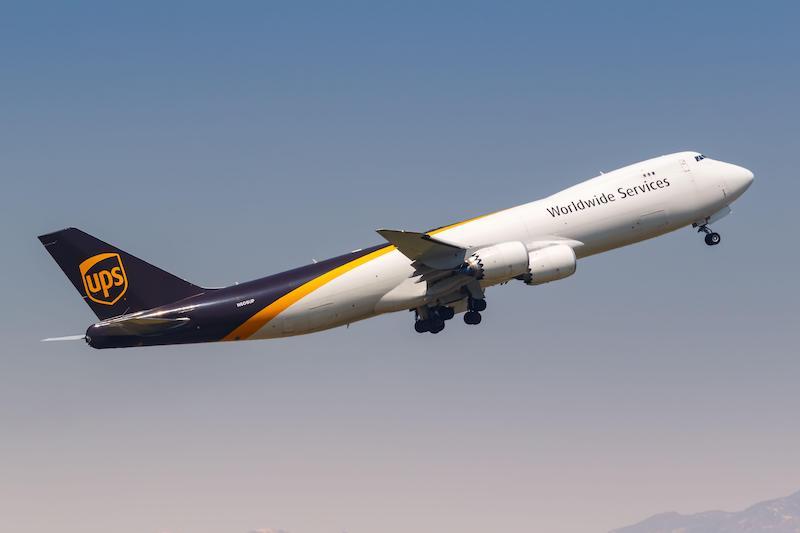
United Parcel Service (UPS) plans to establish an express cargo hub at Hong Kong International Airport (HKG), to be completed by 2028.
“The new hub will serve as UPS Hong Kong’s main facility for processing and sorting imports, exports and transshipments, to and from Europe, the U.S. and other parts of Asia,” UPS says in a statement.
The cargo facility is expected to span 20,000 m2 (215,280 ft.2), significantly growing UPS’s presence at HKG. It will have the capacity to handle around 1 million tons of cargo annually, according to the Atlanta-based expedited-delivery giant. The site will complement UPS’s existing hub at Shenzhen Bao'an International Airport, located about 30 mi. from Hong Kong.
According to HKG, the UPS facility will be built on a two-hectare parcel of land with direct airside access.
“We have long embraced the growing importance of e-commerce in global trade and have been taking forward several strategic new facilities in order to capture the new opportunities and further sharpen our competitiveness in air cargo,” HKG CEO Fred Lam says. “UPS’s new facility is another important addition to our portfolio of cargo facilities.”
HKG was the busiest cargo airport in the world in 2021 and 2022, according to Airports Council International World.
“Hong Kong continues to be an engine of growth and a critical part of UPS’s global smart logistics network,” says Daryl Tay, president of UPS North Asia District. “This new hub … [demonstrates] our continued commitment to Asia. We will continue to invest in areas of our network that bring unique value to our customers and create additional growth opportunities for UPS.”
UPS says its new HKG cargo center will be a “fully automated facility … powered by state-of-the-art sorting and scanning technology,” adding: “This latest investment is part of UPS’s expansion plans to support Greater Bay Area growth, and better serve evolving customer needs and shipping demand across its air network. It also allows UPS to optimize its existing operations in Hong Kong by streamlining some smaller and separately located facilities.”
Neither UPS nor HKG revealed the expected cost of the planned cargo facility.
